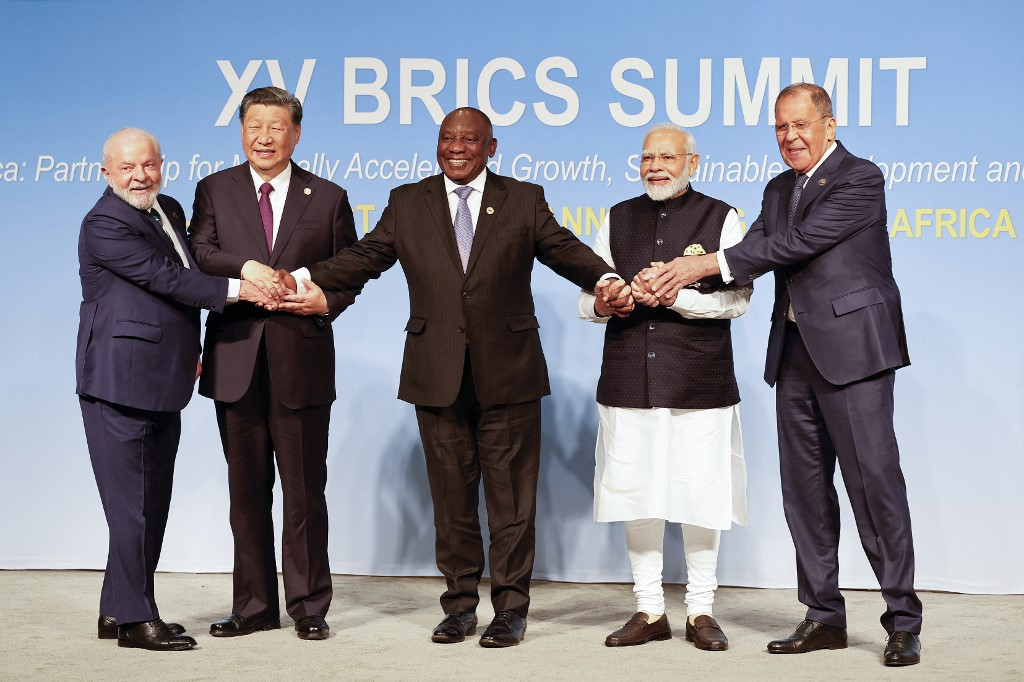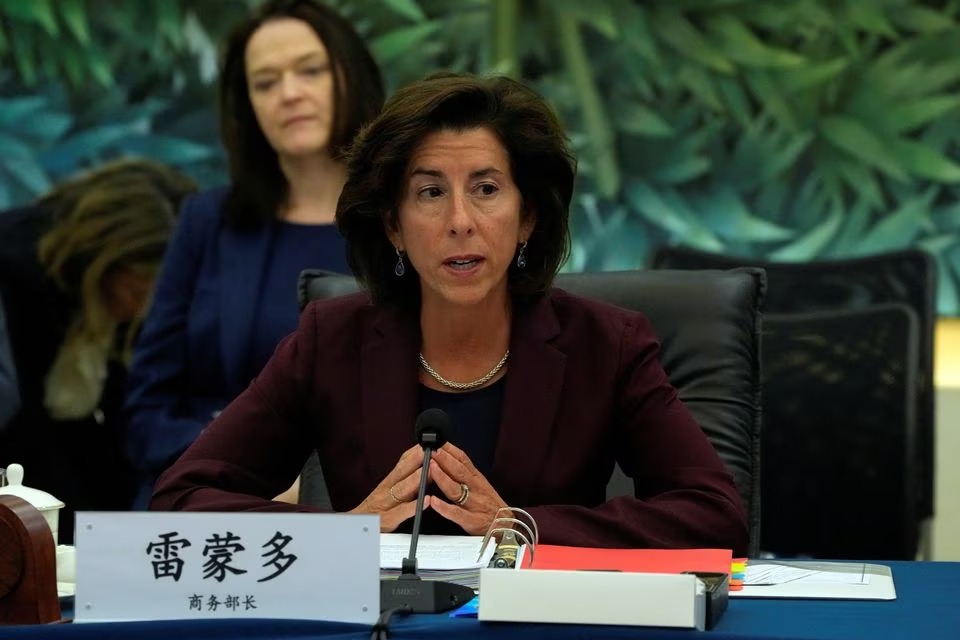In a move that has sent ripples of concern through the United States, the BRICS alliance is rapidly expanding its reach, prompting Washington to reevaluate its messaging strategies in the developing world. While American officials remain cautious about labeling it an immediate threat, the expansion of the BRICS group, comprising Brazil, Russia, India, China, and South Africa, has triggered discussions in the corridors of power. The recent addition of six more members to the BRICS, as endorsed during a summit, has underlined the growing influence of this Chinese-backed club, challenging the traditional Western-led order.
BRICS’ Historic Expansion Sets Off Alarms in US
Last week’s summit in Johannesburg marked a pivotal moment for the BRICS alliance as it welcomed six new members into its fold. Chinese President Xi Jinping hailed this expansion as a historic milestone, underscoring the emergence of a formidable bloc of large emerging economies striving to reshape the global order. This development has captured the attention of policymakers in Washington, urging them to take a closer look at the evolving landscape of international influence.
US Pushes for Strategic Outreach Amidst BRICS Growth
Amidst the BRICS’ ascent, the United States finds itself racing to fine-tune its approach in the developing world. President Joe Biden’s administration, while downplaying immediate concerns, has reasserted its commitment to enhancing funding for these nations through prominent financial institutions such as the World Bank and the International Monetary Fund. Jake Sullivan, Biden’s national security advisor, has pledged to advocate for reforms during an upcoming Group of 20 summit in New Delhi. This move seeks to strengthen both the US-backed organizations and India’s role, acknowledging the significance of India as a member of both the G20 and the BRICS.
BRICS’ New Members Raise Questions and Potential Frictions
While Washington contends that each nation is entitled to choose its partners, the US has been scrutinizing the BRICS expansion. Of particular interest is Iran’s inclusion, a move that has alarmed American officials due to its potential to break the country’s isolation on nuclear work and domestic issues. However, this addition has not come without complications. Three Arab nations—Egypt, Saudi Arabia, and the UAE—have also joined the BRICS, despite their historically tense relations with Iran. Notably absent from this expansion are Southeast Asian nations, a void that raises eyebrows as China becomes increasingly assertive in maritime disputes in the region.
The expansion of the BRICS alliance serves as a compelling wake-up call for the United States. While immediate threats might be disputed, the rapid growth of this Chinese-backed club underscores the shifting tides of global influence. Washington’s response, marked by intensified outreach efforts and promises of financial support, demonstrates the recognition of the evolving international landscape. As the BRICS’ new members introduce potential frictions and reconfigure geopolitical dynamics, the world watches closely to discern how this transformative narrative will unfold.
















